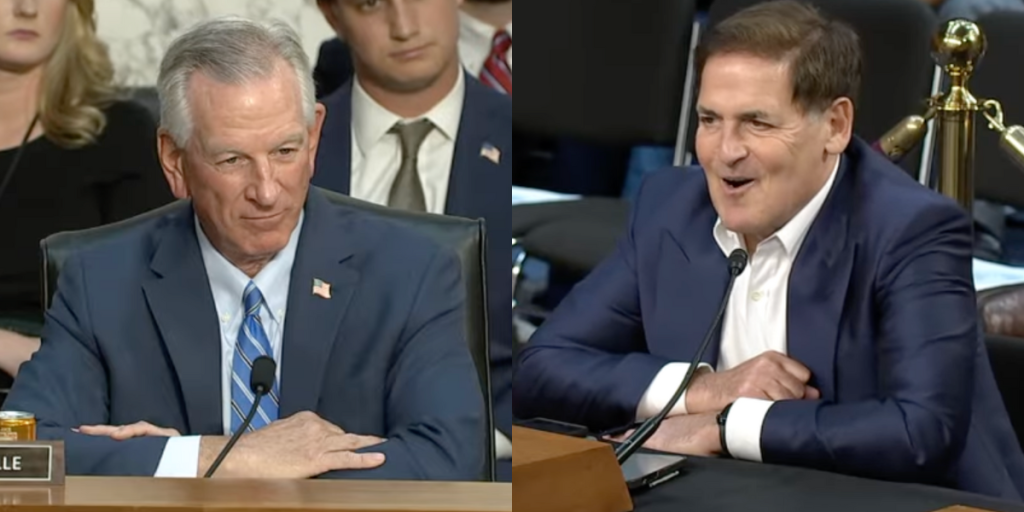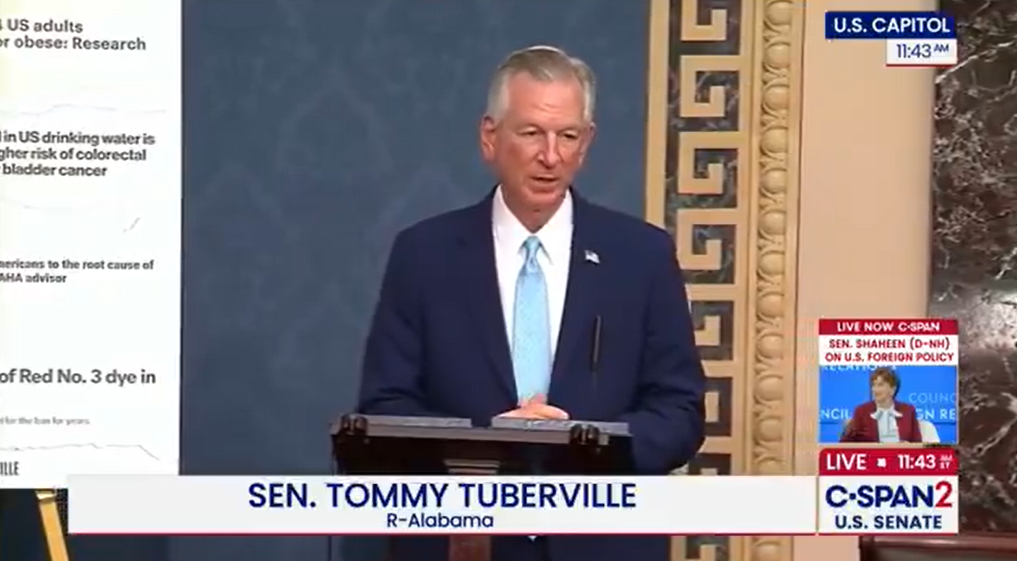Saying it’s time to “move forward and stop falling back,” Sen. Tommy Tuberville urged his fellow senators to pass the Sunshine Protection Act. The legislation would make Daylight Saving Time permanent and end the practice of resetting the country’s clocks twice per year.
In 2022, the Sunshine Protection Act passed the U.S. Senate by unanimous consent, but then-Speaker of the House Nancy Pelosi refused to bring the legislation to the floor for a vote.
Tuberville (R-Auburn) said the time has come for the change.
“The outdated practice of changing our clocks twice a year has many more consequences than the inconvenience of running behind,” said Tuberville. “And Congress should make this year the last time we ever change our clocks by passing the Sunshine Protection Act.
“Over the past two years, I have received many, many calls from people across Alabama to make Daylight Saving Time permanent. Many Alabamians, including parents, seniors, farmers, citizens, mental health professionals, have all reached out to my office in support of the days with more sunshine in the evening.”
Tuberville also believes that there are multiple health benefits to putting Daylight Saving Time in place permanently.
“The bill would provide an extra hour of sunlight in the afternoon, which would be most noticeable during the dark and cold winter months,” he said. “Many studies have proven that extra sunlight in the evening can lead to improvements in mental health, physical fitness, economic growth, and overall well-being.
“It’s a simple way we could positively impact the day-to-day life of all Americans. And finally get something done that a lot of people really care about. Permanent Daylight Saving Time with extra sunlight in the evening will also encourage more physical activity, allowing more time for people to go on walks, participate in recreational activities, and attend outdoor events. Kids will be able to enjoy more time outdoors after school with friends year-round, and older Americans will have more access to Vitamin D.”
According to the senator, the bill would also stimulate the economy, especially the agriculture industry.
“Longer daylight hours in the evening have been proven to stimulate economic activity as well, because people are more likely to shop, dine out, and participate in other activities,” he said. “The agriculture industry is also greatly affected by Daylight Savings Time, as more sunshine during working hours means more time to work on their crops — which could translate into (a) more profitable bottom line. It could also decrease expensive energy consumption on farms by reducing the need for artificial lighting and heating.
“It is estimated that the time change costs the United States economy more than $400 million in lost productivity annually.”
Alabama passed legislation in 2021 to permanently put DST in place but, without matching federal legislation, the bill cannot become law.
Austen Shipley is a staff writer for Yellowhammer News.













